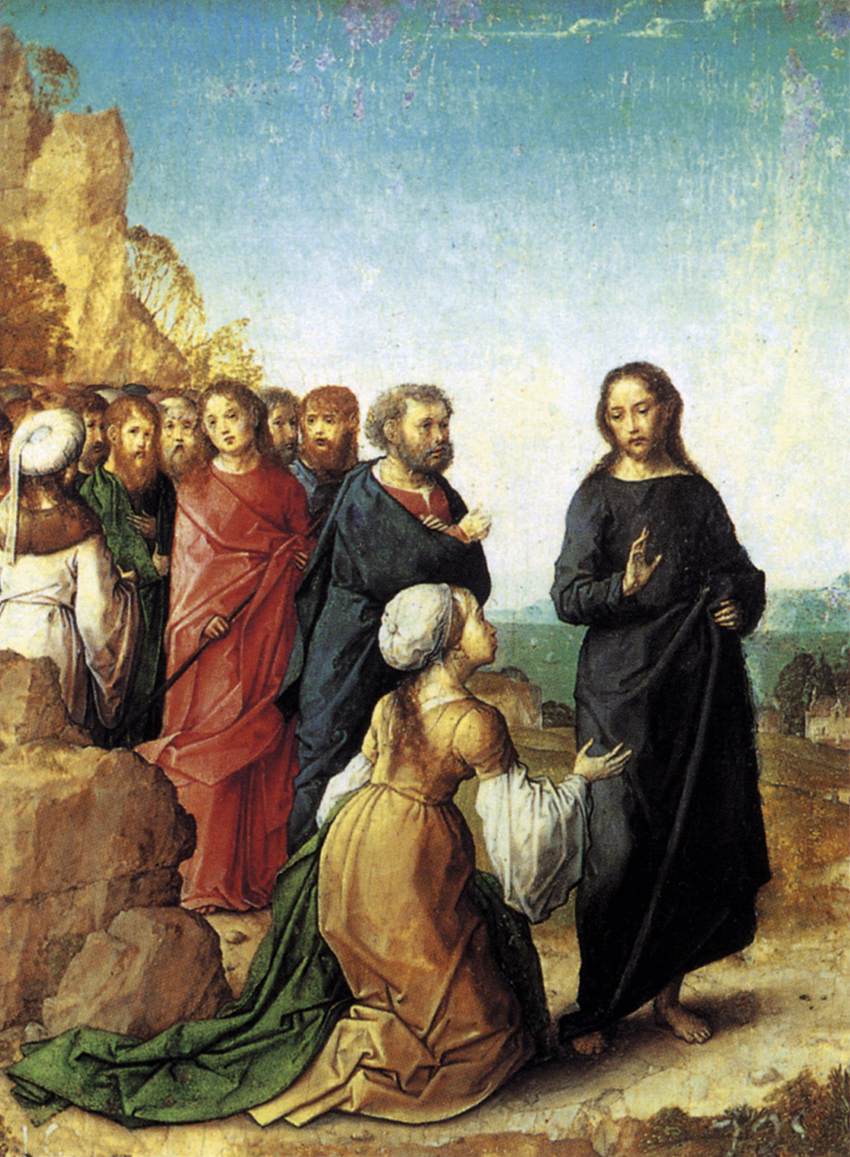XXII SUNDAY IN ORDINARY TIME - Matthew 16:21-27
In his own life, Jeremiah was a prophecy of Jesus Christ. He wrote about his experience as a prophet. He started by being attracted and seduced by God and then he had to wrestle with Him (Jr 20:7). It comes to mind the passage of Genesis, where we are told that Jacob had to wrestle with God during the whole night (Gn 32:22-32). Jeremiah recognised that in such a struggle, we cannot win, since God is the stronger one and he overpowers us. Jeremiah put himself totally at the service of the Lord. And he had to experience rejection and persecution because of faithfulness to his mission: “The word of the Lord has meant for me insult, derision, all day long.” (Jr 20:8). This is the fate of the prophets and that would be as well the fate of Jesus.
Jesus was well aware of what lies in wait for him. It was easy to see and to realise that his life was in danger. The religious leaders rejected him and started plotting against him. And Jesus was well aware not only of the fate of most of the prophets but also of the prophecies that spoke about the suffering of the Messiah.
Jesus decided to prepare his disciples for what was coming. He did not hide from them that, as they walked towards Jerusalem, he was walking towards his passion and death. However, they could not understand and they would not accept even the possibility of such an outcome. The outspoken Peter was very frank with Jesus: “Heaven preserve you, Lord;’ he said ‘this must not happen to you.” Peter cared for his Master and desired the best for him, so he thought. However, Jesus’ reaction was quick and puzzling: “Get behind me, Satan! You are an obstacle in my path because the way you think is not God’s way but man’s.” Jesus considered Peter’s words as an attempt to lead him astray and deviate from the Father’s will. That’s why he called him Satan and ordered him to get behind and just follow in his footsteps.
Jesus made it clear to his disciples that we cannot be his disciples if we reject the cross. Salvation is not possible without passing through suffering and death. Jesus’ way is the only way. We may try to avoid the cross at all costs, preaching a gospel that satisfies our desires for wellbeing and happiness, but the realities of life will prove to us our mistake. If we speak of salvation and believe in the resurrection, we must accept with Jesus that the only way is the way of the cross.



